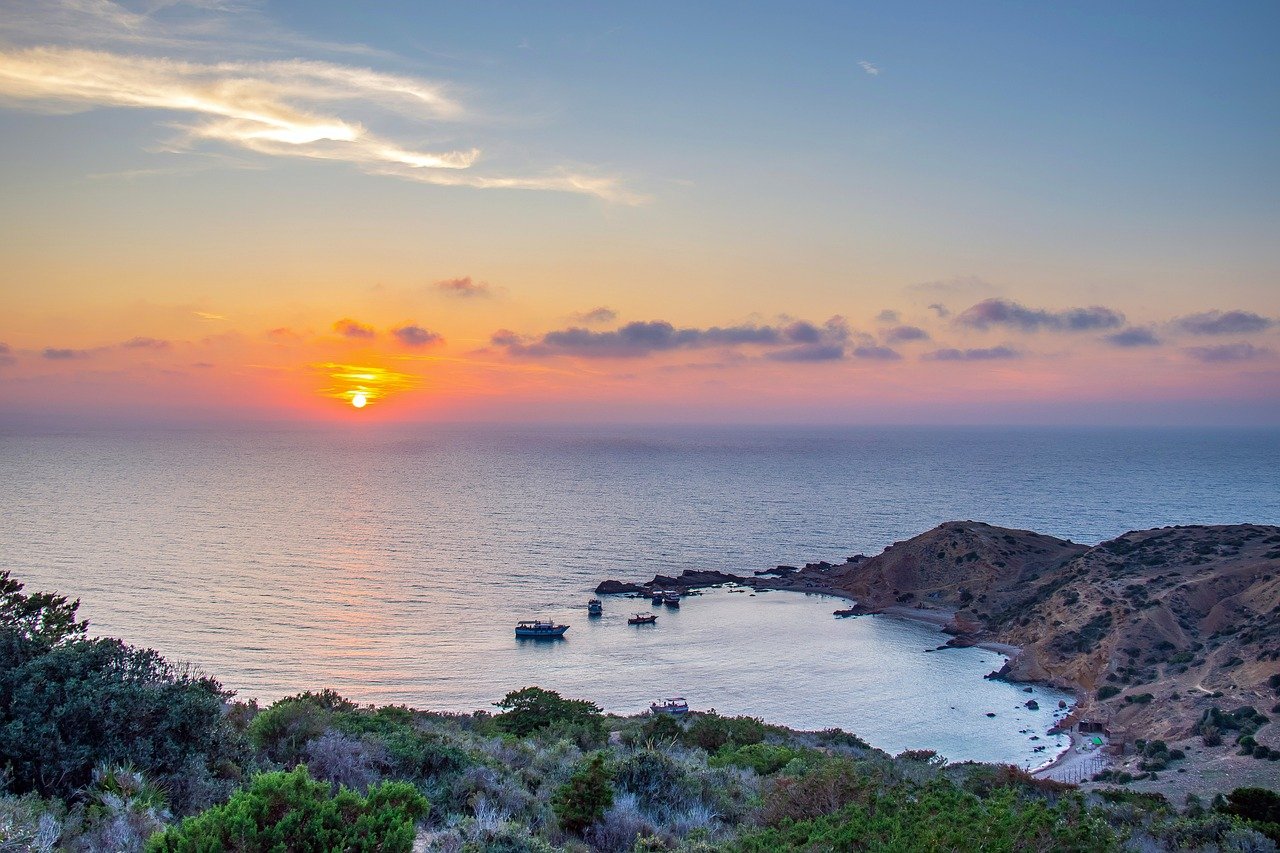MEDITERRANEAN DIALOGUE
The Caisses de Dépôt of France, Italy, Morocco and Tunisia in the face of the challenges of the Mediterranean

It is a fact that the Mediterranean countries are facing major challenges such as the fact that temperatures are rising 20% faster than the world average, which represents a very worrying global warming. Among the most damaging direct effects is the serious endangerment of the unique marine and coastal biodiversity of the Mare Nostrum, as well as desertification, coastal erosion, rising sea levels and drought causing water stress, which conditions a large part of the situation of the countries bordering the Mediterranean.
However, in addition to the challenges related to climate change and environmental protection, there are also those to be tackled in the field of energy, as problems in this area have also increased in recent years as a result of the COVID-19 pandemic, the crisis in the Middle East and the Russian invasion of Ukraine, to name but a few international events. All these issues have a direct or indirect impact on the economic and social situation of the citizens of this Mediterranean region.
Faced with this situation, the Caisses de Dépôt of France, Italy, Morocco and Tunisia have set up a permanent consultation framework (CPC) to encourage the exchange of best practices and know-how and to interact with the Mediterranean financial ecosystem to promote the implementation of specific projects that can have a direct impact on local populations. The search for national solutions that are innovative, sustainable and beneficial to the general interest is the main objective.
In this respect, three issues are at the centre of the priorities for action of the aforementioned Caisses de Dépôt, according to their directors:
1) Investment. As responsible investors and catalysts for private sector investment, the heads of these institutions took stock of the various initiatives undertaken to boost and promote investment in the Mediterranean, following the example of Inframed, a company specialising in the real estate sector. They also discussed the potential regional impact of investments made at national level.
2) Climate and biodiversity. The aim is to contribute to efforts to protect ecosystems and adapt to climate change. Thanks to their triple expertise in ecology, territory and finance, their excellent knowledge of the territories and their ability to deploy long-term financing, the Caisses de Dépôt are major players in the design, development and support of solutions that reconcile biodiversity and economic development in a collaborative approach involving local stakeholders.
3) Financial innovation at the service of human potential. As the managers of the Caisses de Dépôt have emphasised, human ties remain very strong from one shore to the other, perpetuating this Mediterranean identity, the fruit of the intermingling of populations over the centuries. Diasporas, entrepreneurs, university students... The driving forces of both North and South must be fully involved in innovative solutions to meet the challenges of today and tomorrow. The CEOs reaffirmed their commitment to meeting the financing needs of start-ups and small and medium-sized enterprises (SMEs).
"Framework for Permanent Consultative Action" (CPC)

As a culmination of their work, the heads of these financial institutions agreed to create a "permanent consultation framework" (CPC) that will provide a flexible and operational platform for discussion between the four institutions, enabling them to exchange best practices in key sectors such as urban development, climate change adaptation, biodiversity protection, sustainable infrastructure development and the financing of projects led by start-ups and SMEs.
The CPC will also promote interaction and coordination with the whole Mediterranean financial ecosystem, be it national structures similar to the Caisses de Dépôt model or key financial actors involved in the Mediterranean, such as the European Investment Bank (EIB), the European Bank for Reconstruction and Development (EBRD), national development agencies or the various networks of investors, in particular long-term investors, in order to ensure adequate synergies between the different financial mechanisms.
They also welcomed the role and action of the Union for the Mediterranean (UfM) as a multilateral framework for cooperation in the Mediterranean fully committed to sustainable and inclusive economic development in the region.
In the face of the many challenges facing the region, including climate change, the Directors General underlined that the Caisses de Dépôt are fully mobilised to continue to implement innovative and concrete responses with very clear aims: to help the people living in these environments and to protect the environment.
There is no doubt that initiatives such as those carried out by the Caisses de Dépôt of these four countries on both shores of the Mediterranean, which seek close and fruitful collaboration for the development of their peoples and inhabitants, should set an example for other entities, both public and private, if we want to anticipate the problems to come, warned by researchers and scientists, prevent them and seek solutions for a better world at all levels. In everyone's hands lies the commitment to a more sustainable future where the word cooperation is essential to meet the challenges. The countries of the Mediterranean know this, hence initiatives as important as the one described in these lines, which are just one more step towards further progress.
